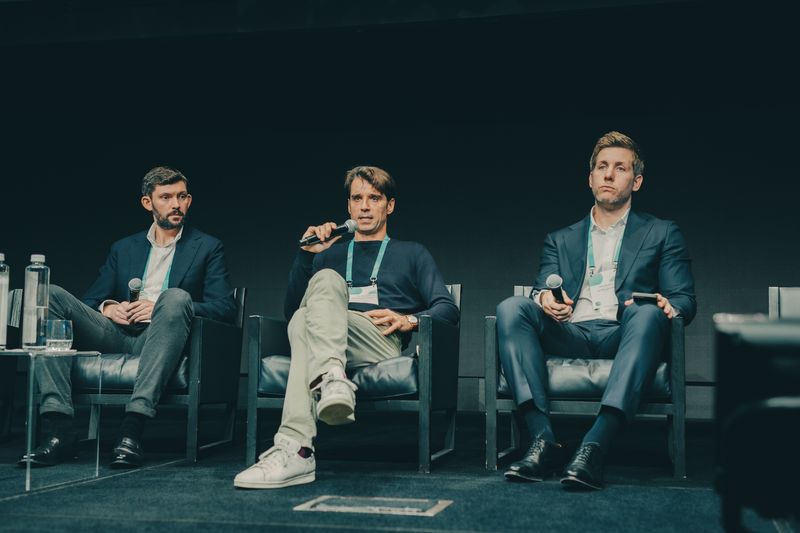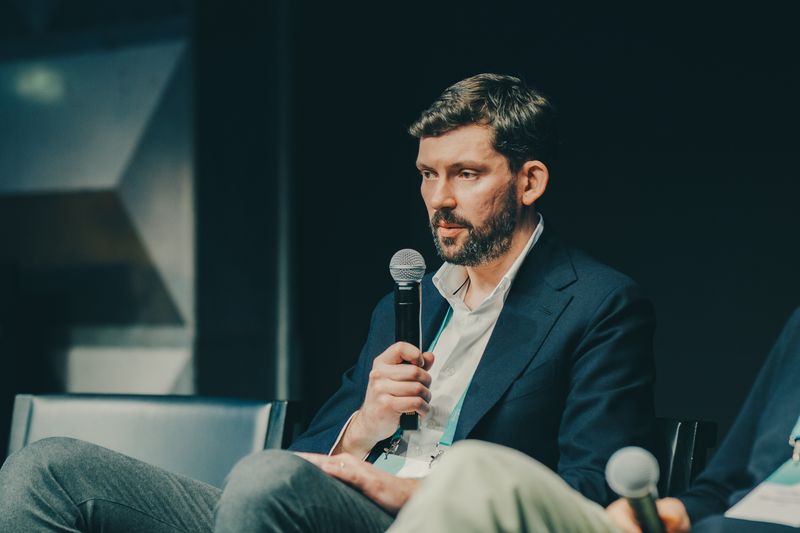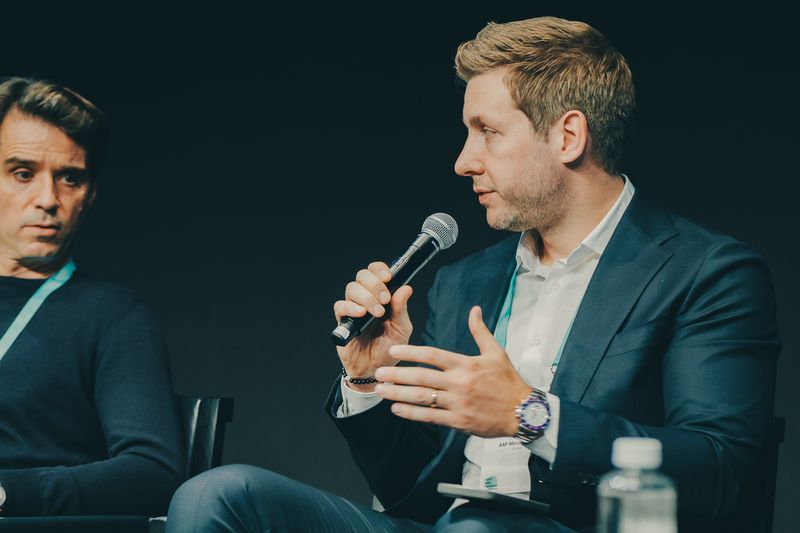The 0100 Conference Mediterranean "Fireside Chat: VC Secondaries – the Market Opportunity and Ways to Select the Right Fund" highlighted its unique potential for investors seeking more liquidity and quicker returns. This session featured Nick Hendra from AAF Management, Matt Russell from Vencap, and Luca Mannucci from Sella Venture Partners, who shared insights on the market dynamics of VC secondaries, effective fund selection, and key strategies for mitigating risk while maximizing returns.

Understanding the Role and Benefits of VC Secondaries
The discussion opened with Luca Mannucci explaining the core benefits of the secondary market in the venture capital space, where liquidity is traditionally limited due to the long holding periods required in early-stage investing. He emphasized that secondary transactions enable investors to rebalance their portfolios and manage risk, as they can acquire or exit assets based on market conditions. Mannucci pointed out that secondary transactions serve as a counterbalance to the primary market’s cyclical nature. Notably, the past year has been a buyer’s market, with discounts prevalent due to an oversupply of sellers. However, he observed a shift toward a more balanced market, signaling growing interest in secondary opportunities.
Matt Russell added that the VC secondary market offers a more mature investment profile for buyers. With secondary transactions, investors can access assets later in their lifecycle, benefiting from the value accrued by top-performing companies. He cited that a significant portion of unrealized VC value remains untapped, particularly in the U.S., presenting substantial opportunities for secondary transactions. Russell also noted that secondary market pricing has become more attractive, with valuation drops of approximately 20% since 2021.

Selecting the Right Fund and Strategy in VC Secondaries
Fund selection is critical for investors entering the secondary market. Matt Russell explained that Vencap’s approach focuses on accessing top-tier companies and layering into primary investments through targeted secondary transactions. Vencap prioritizes high-quality funds and avoids merely seeking large discounts. He highlighted the importance of portfolio and asset quality, noting that discounts can be misleading in evaluating potential returns. By aligning with well-managed funds that demonstrate consistent, realistic valuations, Vencap positions itself for sustained returns in the secondary market.
Luca Mannucci echoed this sentiment, emphasizing that Sella Venture Partners also looks beyond discounts to prioritize asset quality. He noted that secondary investments require a nuanced approach due to their “shady” or fragmented nature, as originations often vary widely. For Sella, origination is typically derived from long-standing primary commitments, enabling the firm to negotiate liquidity solutions directly with general partners (GPs). This relationship-driven approach enables Sella to secure valuable deals, often with the support and consent of GPs, adding an extra layer of trust to each transaction.

Innovations in the VC Secondary Market
Discussing the innovative side of the VC secondary market, both panelists acknowledged the rise of GP-led transactions and continuation funds as new tools for creating win-win scenarios for LPs, GPs, and secondary buyers. Mannucci remarked that innovation in waterfall distribution, for instance, has allowed buyers to tailor deals to meet sellers' needs more flexibly. Russell added that bespoke solutions, such as structured transaction options like earnouts and deferred payments, are increasingly common in family office sales and smaller transactions. He noted that bundling deals with other secondary firms can offer a full portfolio solution to sellers, providing both competitive and pricing advantages.



